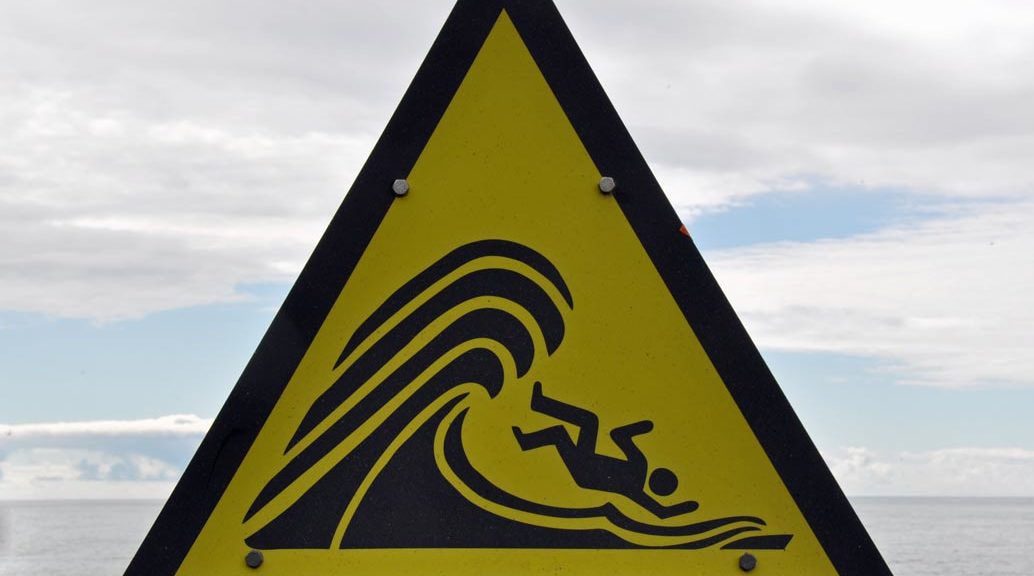It’s quite trendy to talk about the gender gap but in the UK at least it’s still culturally difficult to talk about money, especially personal money. It is considered less rude (though still not advisable) to ask about someone’s sex life than their salary in my country, which might be just one of the reasons that women continue to be so badly served by the financial system.
Finance is a feminist issue. There are many reasons for why women are not well served by the financial sector, some historical many due to the sheer inertia and failure to adapt of a famously adaptable business sector.
The gender pay disparity is put down to the disruptive effects of raising a family on a woman’s career prospects and earnings potential. Whilst obviously making a family takes two people most usually representing both genders, the cost of having a family is borne almost exclusively by the woman . The astronomical cost of childcare and the stress of juggling work and family life are further factors — big problems, with no easy solutions.
But the imbalance in earnings is then further magnified by the “gender pensions gap”, which many women won’t fully wake up to for decades to come.
So what can be done? Maybe the biggest solution is raising awareness. The problems are not women’s “fault” and the consequences will fall on both women and the people in their lives, their partners, their parents, their children and friends – we are social creatures at the end of the day and society fails when we make one group disproportionately bear the cost.
Mistake 1: Not saving enough for retirement
The “gender pensions gap” is nearly 40% — more than double the gender pay gap. Let’s take defined contribution pensions. Workers build up a pot of savings over their lifetime, which can be accessed in retirement — but when you’ve spent it, that’s it. Women have a double problem here. Not only do they save less (factors include lower pay, the impact of career breaks and part-time working) they also live for longer. The obvious solution is saving more, but that can be tricky (see above).
Starting to save earlier will help. Higher earners could fund a pension for their partners. If you’re taking a career break to raise the kids, make sure that your partner is also funding pension contributions for you. They can contribute the maximum of £2,880 a year for a non-tax payer. Tax relief is added to your contribution so if you pay £2,880, a total of £3,600 a year will be paid into your pension scheme.
Older, wealthier readers could consider funding a stakeholder pension for their daughters and granddaughters. My daughters both have existing pensions, started on minimum contributions when they were born and annually topped up whenever we could – let time do the heavy lifting. Whilst at one level they will find it frustrating to have money set aside that they can’t touch until they’re at least 55, it should provide some comfort in their middle age when they’re busy funding their kids and struggling to save for themselves.
The UK government’s much-lauded policy of automatically enrolling workers into a company pension excludes millions of low earners and part-time workers unless they specifically opt in. Many of these will be women. Three-quarters of women have “no idea” how much pension income they need to retire and nearly half said they were relying solely on the state pension as they “couldn’t afford to pay into another pension”. This means women could be losing out on “free money” from an employer’s pension contributions too. The answer here is to be aware and prioritise pension saving appropriately. If your partner has a pension, then you need one as well.
Mistake 2: Pensions, marriage and divorce. The pensions system hasn’t kept up with modern family life.
Couples today are more likely to cohabit than get married or form a civil partnership, which can present serious problems if one of you dies — see the case of Denise Brewster in Northern Ireland who successfully took her late partner’s employer to court when they failed to grant her survivor’s pension benefits. Make sure that you have a will in place that specifies who inherits what in the sad event that one of you dies.
One obvious action point is to make sure all of your pension providers have an up-to-date “nominated beneficiaries” form. Since my partner doesn’t need my pension assets, my daughters are my nominated beneficiaries. Over time, when they become self-sufficient maybe this will become my granddaughters. If you are unmarried and cohabiting in a property over £325,000 in value, also consider the impact of inheritance tax if one of you were to die suddenly. Be aware and make plans.
Pensions assets are also often overlooked in divorce. Research by Royal London found that divorced women have, on average, one-third of the pensions wealth enjoyed by married couples. Pension assets should be regarded, along with the main residence, as assets to be valued and shared in the event of a divorce.
If you are financially independent by the time you marry, and hold significant assets either a residence or pension pots, then consider a pre-marital agreement. Make sure both of you take appropriate legal advice. It will only be regarded as advisory in the UK, and will obviously be adjusted to take into account the interests of any children, but with one in three marriages ending in divorce, usually to the financial detriment of women, it’s important to protect yourself.
Mistake 3: Not claiming child benefit If one half of a couple earns more than £60,000 then you lose your entitlement to child benefit.
Stay-at-home parents with a high-earning partner will lose out on valuable state pension credits if they fail to register online — even if they do not qualify for child benefit. Make sure you sign up — and while you’re at it, click here to sign the petition to reform the system and allow backdated claims.
Check your contribution record for the state pension via HMRC and keep your contributions up to date. The UK state pension is not overly generous at around £8,500 pa but it is worth having. It would cost a lot of capital to generate that amount of annual income, index linked from an annuity. It takes 35 years to accrue that full amount, but it is possible to “buy” missing years’ contributions to boost your record. The cost per year varies, but with each extra year worth around £240, you don’t have to live very many years post retirement age for it to be worthwhile
Mistake 4: Being too fond of cash
Another reason women can end up with less in retirement are the poor returns on cash savings compared to stock market-linked investments. HMRC statistics show that women save much more into cash Isas, where years of poor interest rates and inflation have hampered performance, whereas men are more likely to hold a stocks and shares Isa. The stats also show that women are more likely to favour cash for children’s Junior Isa accounts. Considering Jisas are designed to be invested for up to 18 years, returns on stocks and shares are likely to be far superior.
Mistake 5: Not having a ‘f*** off fund’
This term was defined by the US writer Paulette Perhach as having enough money to leave a bad job or failing relationship, and her article on the subject should be compulsory reading for all young people regardless of gender. In it, she chronicles how prioritising saving over spending causes short-term pain, but long-term gains in the form of financial independence — far more fashionable than a splurge in the mall.
If you have daughters or granddaughters consider setting them up with a savings account with enough “drop dead” money to give them some choices for the hard times.
Mistake 6: Not asking for a pay rise
The only good thing about the gender pay gap is that many companies are much more receptive to boosting women’s career prospects and pay packets. But if you don’t ask, you won’t necessarily get. And whilst asking for a raise, consider asking for training too, as we all need to invest in building our skills for the future as well as our retirement funds.
And if you’re not working, make sure that the income earned by your partner is fairly distributed to include adequate savings in your own name. Make sure that when they receive a pay rise, so do you and salt that away into a pension or other savings – value yourself and your contribution to the family at least as well as that of your partner.
Because you’re worth it!



































